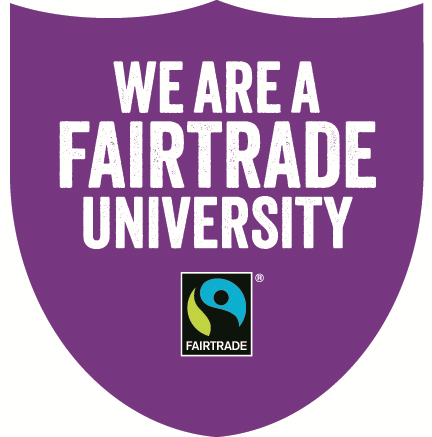The Fairtrade Foundation has awarded King’s College London with Fairtrade University status. A Fairtrade University is one that has made a commitment to supporting and using Fairtrade.
The Fairtrade mark is widely recognised, and means that a product meets the social, economic and environmental standards set by the Fairtrade Foundation. For farmers and workers, this includes the protection of workers’ rights and the environment; for companies it includes paying the Fairtrade Minimum Price and an additional Fairtrade Premium to invest in projects of the community’s choice.
Over the last year, King’s and KCLSU have worked together to make King’s a Fairtrade University. A joint Fairtrade policy has been signed, committing the university and students’ union to supporting Fairtrade by providing Fairtrade products on campus and engaging students and staff in Fairtrade campaigns. Both King’s and KCLSU already sell a range of Fairtrade products on campus, including tea and coffee, chocolate, fruit and graduation t-shirts and hoodies. As well as making Fairtrade products widely and easily available to the university community, promoting the positive impact buying Fairtrade can have on lives across the world is a key part of being a Fairtrade University. During Fairtrade Fortnight in early March, Fairtrade was promoted through posters and special offers from King’s Food. Some Sustainability Champions teams got involved by organising their own initiatives, such as Fairtrade wine & chocolate tastings for their teams.
To ensure the improvement of not only Fairtrade, but the sustainability of all food at King’s, a Fairtrade and Sustainable Food steering group meets regularly to discuss these topics. The group is open to all, and if you are interested in finding out more please contact us at sustainability@kcl.ac.uk.
The Fairtrade University award ties in with wider efforts to make food at King’s more sustainable. Earlier this year, King’s Food joined the Sustainable Restaurant Association and signed up to their Food Made Good programme, committing to sustainable sourcing and practices, as well as ethical standards.

